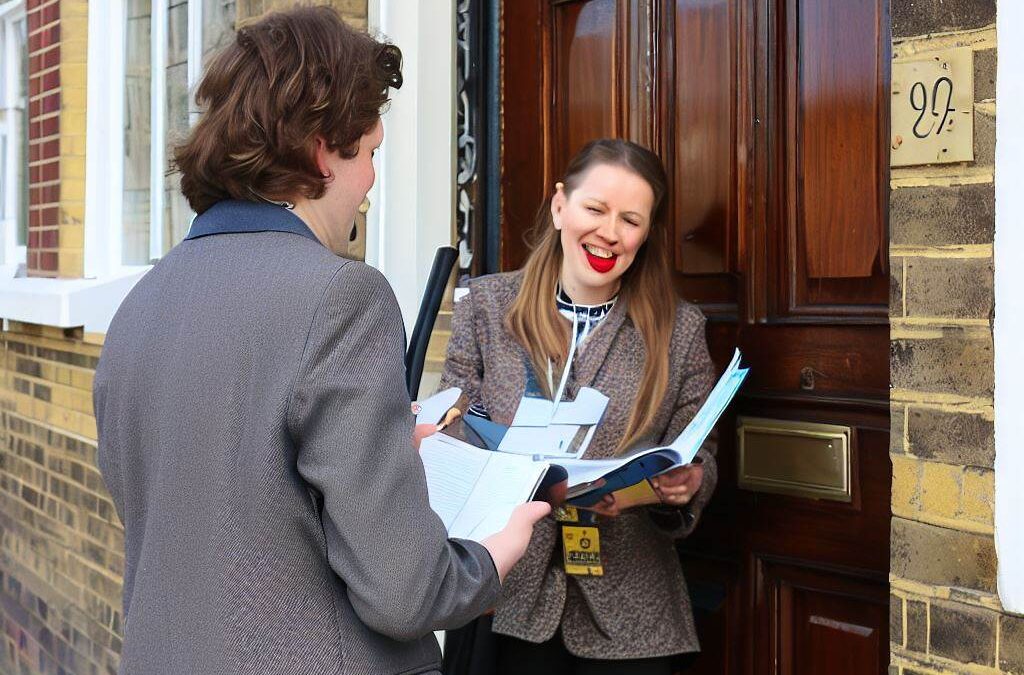“…appreciate you coming round here, man. To be honest, I wouldn’t ‘a filled this in here otherwise. I mean, why should I give up my time for this? I hope all this does something though. Respect to you for coming out ‘ere [laughter].”
This quote is probably the best place to start, courtesy of a brilliant article by ECF on the benefits of door-knocking. We agree that there’s something about “in-person” which gets the engagement juices flowing – bonding with people and place all at the same time. Better still, the science says it’s a good way to get people to change their minds!
And on a basic level, chances are that if there’s a major change in your neighbourhood you may not be aware. That said, there’s still scope for disappointment or disillusion if doorstep arguments are had and heard with people who have no power.
Most of us are headed for blended or hybrid forms of engagement, to satisfy our equalities duties and in order to harness the benefits of both worlds. Yet there are two equally important approaches which are often overlooked.
• Firstly, understanding the pre-existing initiatives in order to dovetail with them – instead of embarking on fresh exercises.
• Secondly, doubling-down on resolving and understanding differences/conflict instead of continually seeking consensus.
While encouraging conflict to surface isn’t going to make our jobs any easier, issues are often predictable and it could help to diffuse a later time-bomb. Moreover, joining up our activities means better efficiency and a bigger hit.
So it’s a missed opportunity that UK train guards didn’t talk to passengers about train office closures as they inspected tickets. And it’s a shame that the government didn’t ask people about the ULEZ expansion when they renewed their car tax. Let’s face it, people would take a dim view on two different door knocking campaigns on the same day!

